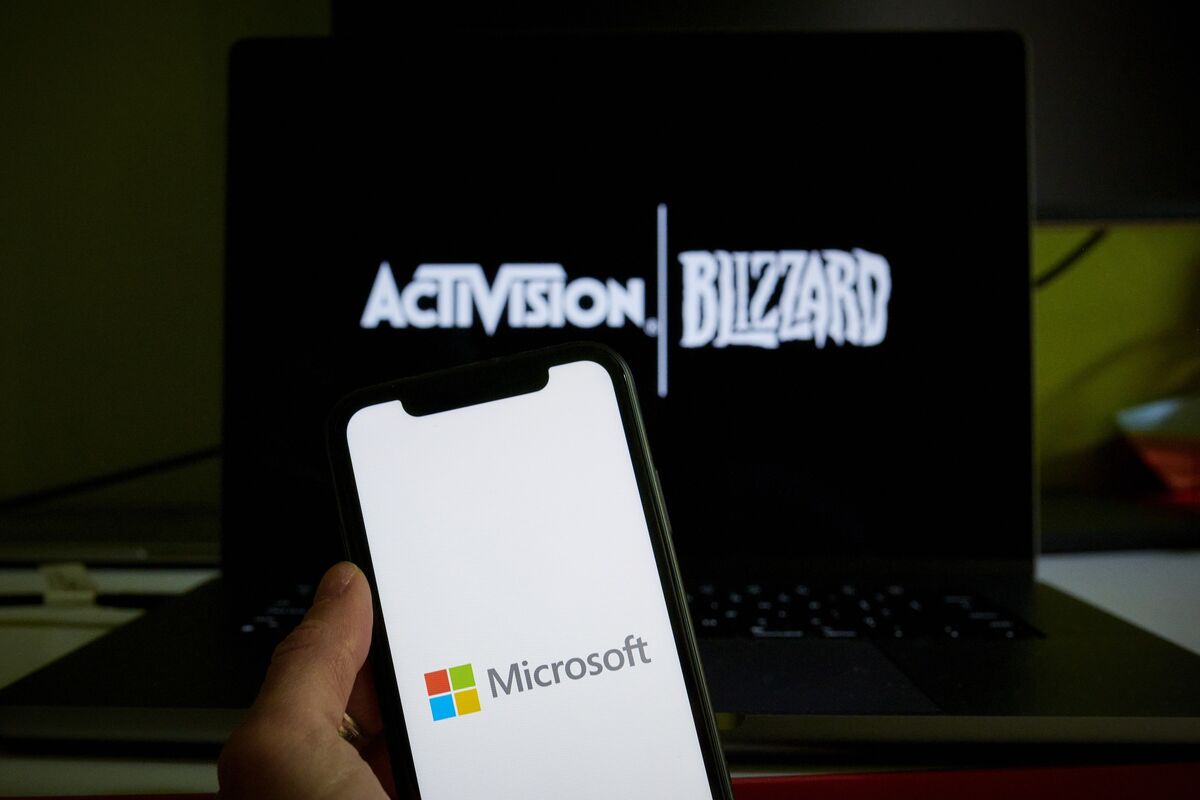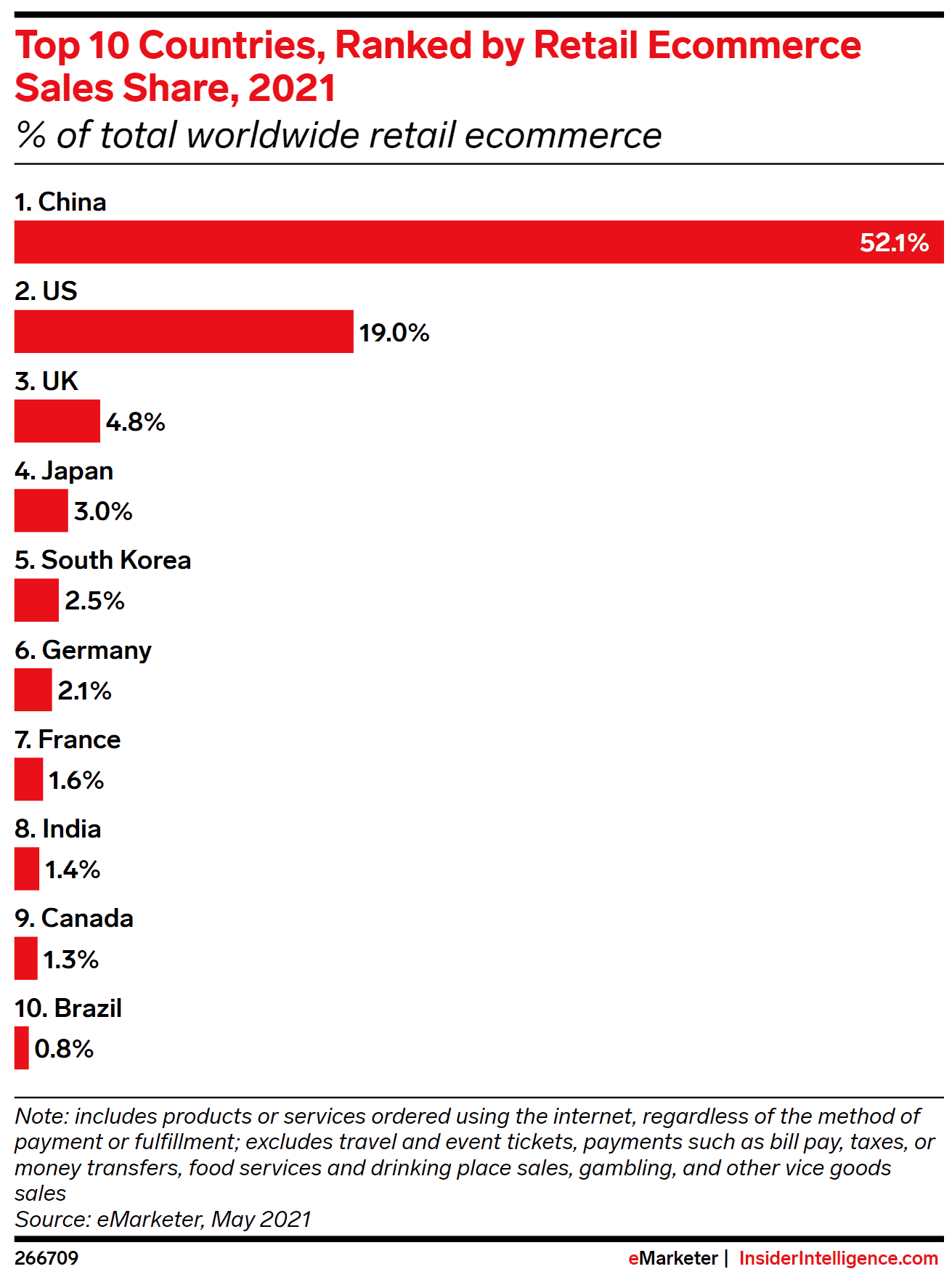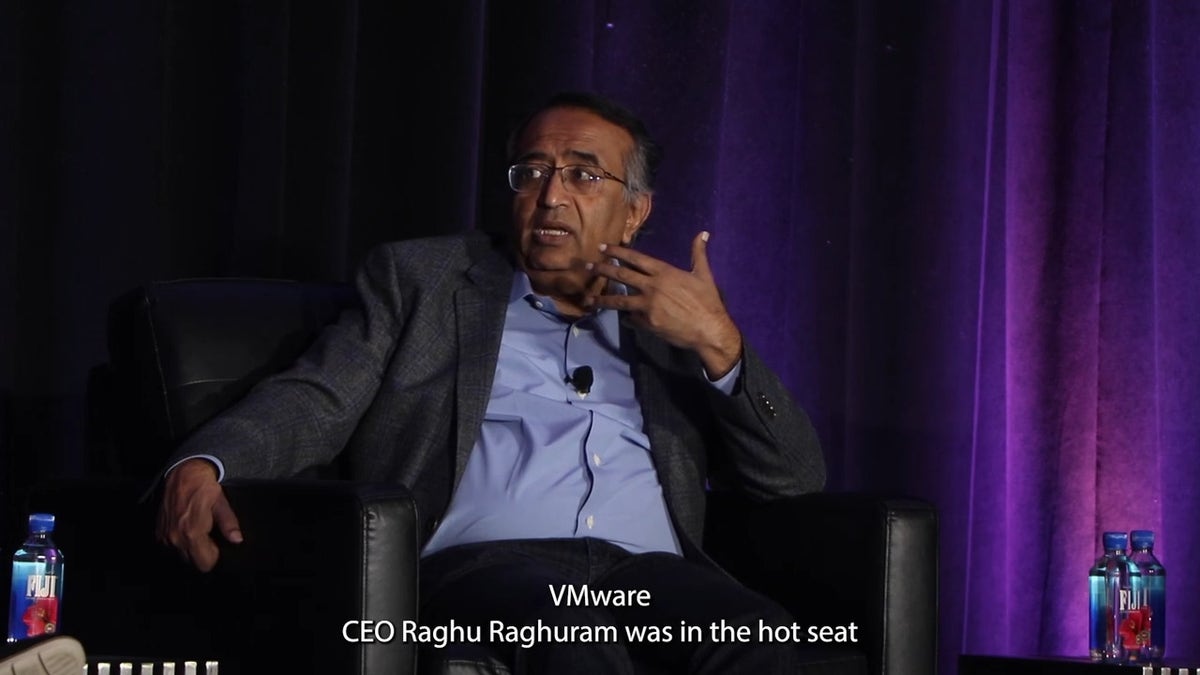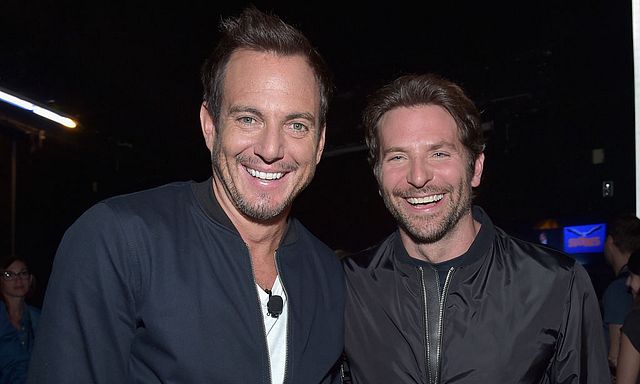FTC To Challenge Ruling On Microsoft-Activision Deal

The FTC's Concerns Regarding Competition
The FTC argues that the Microsoft-Activision merger would stifle competition, granting Microsoft undue control over the gaming market. Their primary concern centers around the immensely popular Call of Duty franchise. The FTC believes this acquisition could lead to several negative consequences for gamers and the industry as a whole:
-
Higher prices for gamers: Reduced competition could allow Microsoft to increase prices for Call of Duty and other Activision Blizzard titles.
-
Reduced innovation in the gaming industry: A less competitive market might stifle innovation as Microsoft faces less pressure to create groundbreaking new games or features.
-
Less choice for consumers: Microsoft's increased market dominance could limit consumer choice regarding gaming platforms and content. Gamers might feel pressured to use Xbox products to access popular titles.
-
Potential for Call of Duty exclusivity: The FTC's biggest concern revolves around the possibility of Microsoft making Call of Duty exclusive to its Xbox console and potentially its Game Pass subscription service, significantly harming PlayStation players and other competitors.
-
Analysis of Microsoft's market share: Before the acquisition, Microsoft held a significant but not dominant share of the gaming market. The addition of Activision Blizzard's titles and intellectual property dramatically increases its market power.
-
Impact on competing game developers: Smaller game developers could face increased pressure from a more powerful Microsoft, impacting their ability to compete and innovate.
-
Legal arguments based on antitrust laws: The FTC's legal challenge relies on antitrust laws designed to prevent monopolies and promote fair competition within industries. They argue the merger violates these principles.
Microsoft's Defense and Proposed Remedies
Microsoft has vigorously defended the acquisition, arguing that it will ultimately benefit gamers by increasing access to games and accelerating innovation, particularly in cloud gaming. To address regulatory concerns, Microsoft has proposed several concessions:
-
Long-term agreements to keep Call of Duty on PlayStation: Microsoft has pledged to keep Call of Duty available on PlayStation consoles for an extended period, even offering a legally binding contract.
-
Commitments to maintain fair competition in the cloud gaming space: Microsoft has assured regulators it will not use its expanded power to unfairly stifle competition in the rapidly developing cloud gaming market.
-
Investment in game development and infrastructure: Microsoft has committed to investing further in game development and enhancing gaming infrastructure to benefit the entire gaming ecosystem.
-
Microsoft's key arguments: Microsoft emphasizes its commitment to multi-platform releases and the benefits of integrating Activision Blizzard's technology and talent into its existing operations.
-
Proposed remedies in detail: The specifics of the proposed agreements and commitments are crucial to the FTC's assessment of the deal's potential anti-competitive effects.
-
Effectiveness of remedies: Whether these concessions are sufficient to mitigate the FTC’s concerns remains a central point of contention.
Potential Outcomes and Impact on the Gaming Industry
The FTC's challenge could trigger a lengthy and complex legal battle, potentially involving appeals if the FTC loses in the initial proceedings. The outcome will have a substantial impact on the gaming industry:
-
Future mergers and acquisitions: The ruling will set a significant precedent for future large-scale mergers and acquisitions within the gaming industry, influencing how regulators approach such deals.
-
Regulatory landscape: The case's outcome will shape the regulatory landscape for the tech and gaming sectors, impacting how antitrust laws are applied in the digital age.
-
Consumer access to games: Consumer access to games and the pricing of games may be significantly affected by the outcome of this legal battle.
-
Competitive dynamics: The competitive dynamics of the video game market will be fundamentally reshaped, depending on whether the merger is allowed to proceed.
-
Potential timelines for legal proceedings: The legal battle could drag on for several months or even years, delaying the completion of the acquisition significantly.
-
Possible outcomes: The possible outcomes range from a complete block of the merger to the acceptance of Microsoft's proposed remedies.
-
Long-term consequences: Regardless of the verdict, this case will profoundly affect the long-term trajectory of the gaming industry and the balance of power within it.
Conclusion
The FTC's challenge to the Microsoft-Activision deal represents a watershed moment for the gaming industry. The outcome will not only decide the fate of this specific merger but also establish a precedent for future acquisitions in the rapidly consolidating tech and entertainment sectors. The battle underscores the complexities of antitrust law in the digital age and the critical importance of upholding fair competition in the gaming market. Stay informed on the latest developments in this ongoing FTC vs. Microsoft-Activision case to fully understand its impact on the future of gaming. The ongoing FTC challenge to the Microsoft-Activision deal deserves your continued attention.

 Shopify Revenue Share Update What Developers Need To Know
Shopify Revenue Share Update What Developers Need To Know
 Ufc Des Moines Sidey Ajoute A La Carte Robertson Du Canada Present
Ufc Des Moines Sidey Ajoute A La Carte Robertson Du Canada Present
 Extreme V Mware Price Hike At And T Highlights 1 050 Increase From Broadcom
Extreme V Mware Price Hike At And T Highlights 1 050 Increase From Broadcom
 Bianca Censoris Risque Roller Skating Style A Bra And Thong Look
Bianca Censoris Risque Roller Skating Style A Bra And Thong Look
 Bradley Cooper And Will Arnett Behind The Scenes Photos From Is This Thing On
Bradley Cooper And Will Arnett Behind The Scenes Photos From Is This Thing On
